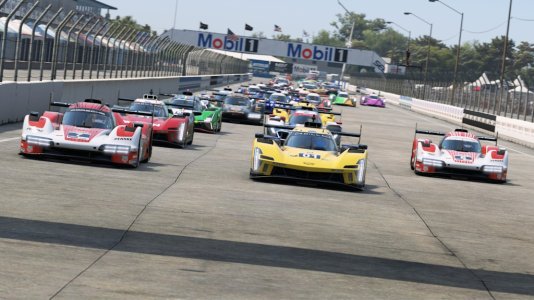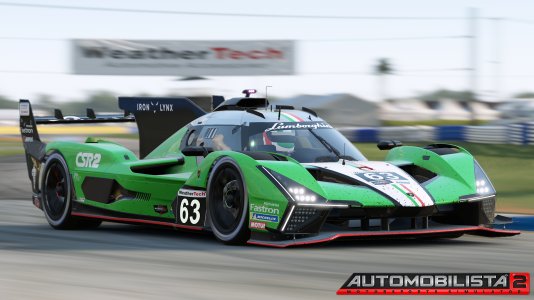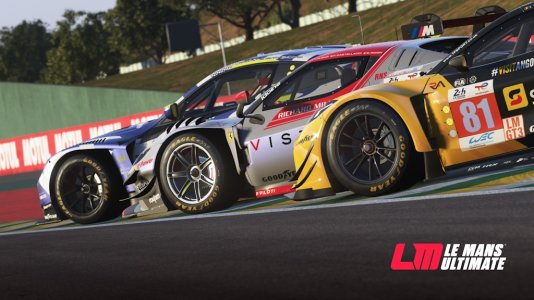It’s only taken 60 years, but if Formula 1 ever hopes to become anything more than a niche sport in the US of A, it may finally have the man capable of making it happen.
Having recently completed a press junket that saw him appear on shows such as 60 Minutes and Jimmy Kimmel Live, Lewis Hamilton has proven himself capable of becoming a household name in the US – and with the fate of the United States Grand Prix once more on uncertain footing, his rise to stardom couldn’t have come at a better time.
Despite being only four years into its new home at the purpose-built-for-F1 Circuit of the Americas in Austin, Texas, the US GP is already on thin ice due to cuts in state funding. The Texas Government’s reasoning for the cuts was based on a recalculation of how much the event brings in from tourist dollars – something that was notably affected this year by poor weather and the Mexican Grand Prix a week later.
If the FIA was to remove the race from the calendar, it would be just the latest in a long line of attempts to establish F1 in America that is as old as the championship itself. The difference should the sport fail this time, is that it would be wasting the golden opportunity someone of Hamilton’s star-quality provides.
For many F1 fans, it would be easy to scoff at that notion. All you have to do is peruse the comments section on any Hamilton-related article to see he rubs a lot of people the wrong way. Everything from his style choices and behaviour, to perceived favouritism in certain media circles make him F1’s answer to Cristiano Ronaldo. The thing is, when he walks out on a show like Jimmy Kimmel’s – where he was incredibly well-spoken and, for as much as he’s ridiculed for his fashion choices, looked the part of an A-Lister – none of that matters. For all intents and purposes he’s a blank slate, and with that “first” impression he represented himself and his sport admirably. It’s the one aspect in which Hamilton stands alone among F1 drivers past-and-present – he’s as good at being a celebrity as he is behind the wheel.
Of course, if F1 wants to make it big in America, it’ll have to face the familiar concerns over the quality of the racing, but don’t underestimate the importance of star-power either. It’s an important element in growing any sport, and it’s something Hamilton himself is proof of with his well-professed admiration of Ayrton Senna. Hamilton can be an engaging personality on TV, and for Americans who have no real idea of what F1 is, having him on some of their biggest talk shows can only be a good thing.
However, there is the other side of the coin, which is that all the Hamilton-exposure in the world won’t help F1 if it fails to keep a race there. In that respect it was actually a bit weird to see the reigning world champion blaze a trail across American TV, while the only race in the country could be off the calendar as soon as next year. If Bernie and FOM were smart, they’d be taking the long-term view and (at least temporarily) alleviating CotA’s hosting fees to keep the sport in what is undoubtedly their biggest potential market. Sure, the US has 320 million people to China or India’s billion-plus, but those places have a long way to go to catch up with a nation that boasts 32 of Forbes’ 50 highest-earning athletes, and 42 of the world’s 50 wealthiest sporting franchises. It’s not like anyone is expecting F1 to supplant NASCAR, but there’s clearly great potential, and with the attention someone like Hamilton can generate, not capitalising on it would be a tremendously wasted opportunity.
Is Hamilton a good face for F1 in the US? Is a local race necessary to the sport’s growth? Or should the focus be on regions with an existing fanbase? Sound off in the comments below.
Last edited by a moderator:










